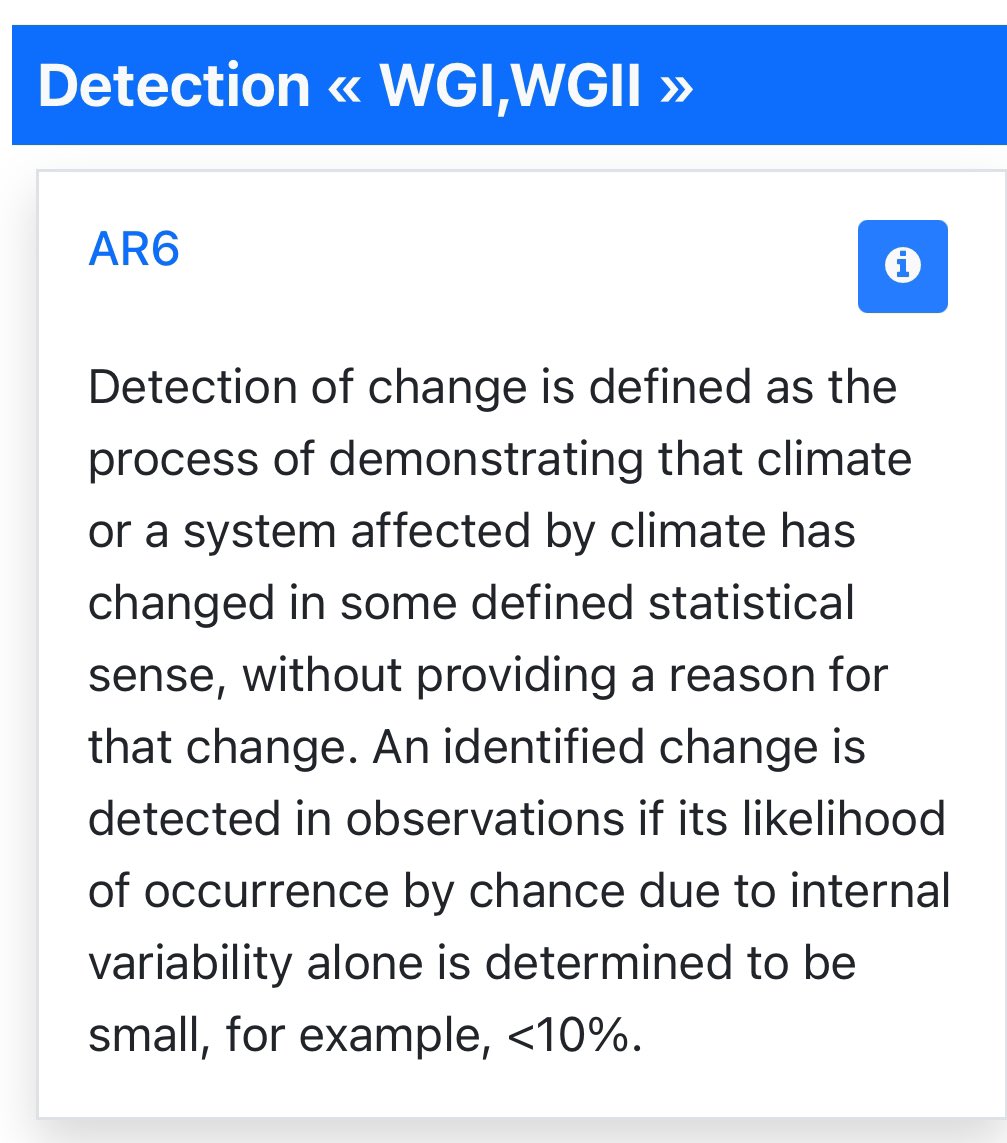🧵One of the most remarkable aspects of science advice in the COVID-19 pandemic was how utterly unprepared the US government was ... I look back at how this happened from Bush to Obama to Trump in this post ... here is a short thread as well ...
https://twitter.com/RogerPielkeJr/status/1404830251566321676
The US government paid little attention to pandemic planning before Pres GHW Bush, who read a book on summer vacation in 2005 that sparked his interest 

In fact, during his presidency in his public remarks Ronald Reagan only mentioned the word "pandemic" 1 time and GHWB not at all. Climate mentioned "pandemic" 16x, then GWB at 214 

GWB proposed a new national pandemic strategy in Nov 2005, and this got Congress interested
That is often how presidential leadership works
But Congressional attention flagged
It ticked up during/after 2009/10 H1N1 epidemic and then dropped
That is often how presidential leadership works
But Congressional attention flagged
It ticked up during/after 2009/10 H1N1 epidemic and then dropped

Incredibly, science advice for pandemic planning is a gaping hole in US pandemic planning, the attention of GWB to pandemic and H1N1 lead to an increased focus, but that dropped to almost nil by 2012
Mentions in FACA documents shown below
Mentions in FACA documents shown below

We can compare NAS attention to pandemic to that of climate change, an undeniably important topic, and see that pandemic was viewed as much less important (even during H1N1) 

I conclude that we still have work to do to institutionalize expert advisory mechanisms for pandemic planning and response
Your comments welcomed!
Your comments welcomed!

• • •
Missing some Tweet in this thread? You can try to
force a refresh

















